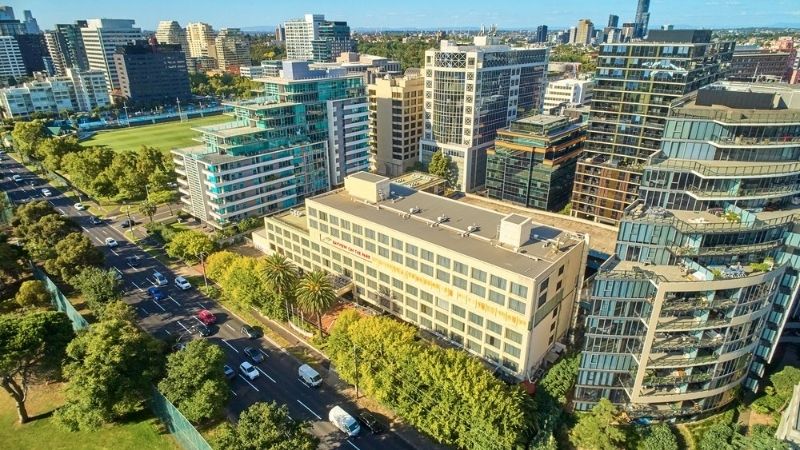Conversions have been the other focus area, as highlighted by the $70-million sale of Melbourne’s Bayview on the Park to Aware Super, the $125-million sale of Vibe Rushcutters for a residential conversion and the $178-million sale of Intercontinental Hotel at Double Bay for a combined hotel and residential project.
CBRE hotels managing director Michael Simpson said the data indicated that the CBD hotel markets would return to 2019 performance levels within three to five years.
“While the RevPAR growth trajectory stalled in Australia after a promising start in the first half of 2021, this has provided reassurance that once the Covid shackles are removed, pent up domestic demand will quickly translate into increased hotel occupancy, which will sustain and drive average daily room rates,” Simpson said.
“Developers are capitalising on the continued strength of the residential market and the interest in build-to-rent opportunities to acquire well located, fringe city hotels, which will likely have a slower recovery trajectory than CBD accommodation assets and have a higher and better use as residential given their location.”
According to CBRE data, the strong performance in the hotel asset class was due to firm yields, unsatisfied capital and a scarcity of quality purchase opportunities.
Deloitte’s tourism and hotel market outlook revealed inbound international and interstate travel fell by 81 per cent and 65 per cent respectively.
The impact of the decline is dramatic—7.6 million fewer international arrivals and 45 million fewer domestic overnight trips, resulting in a loss of around $85 billion in visitor spend.









